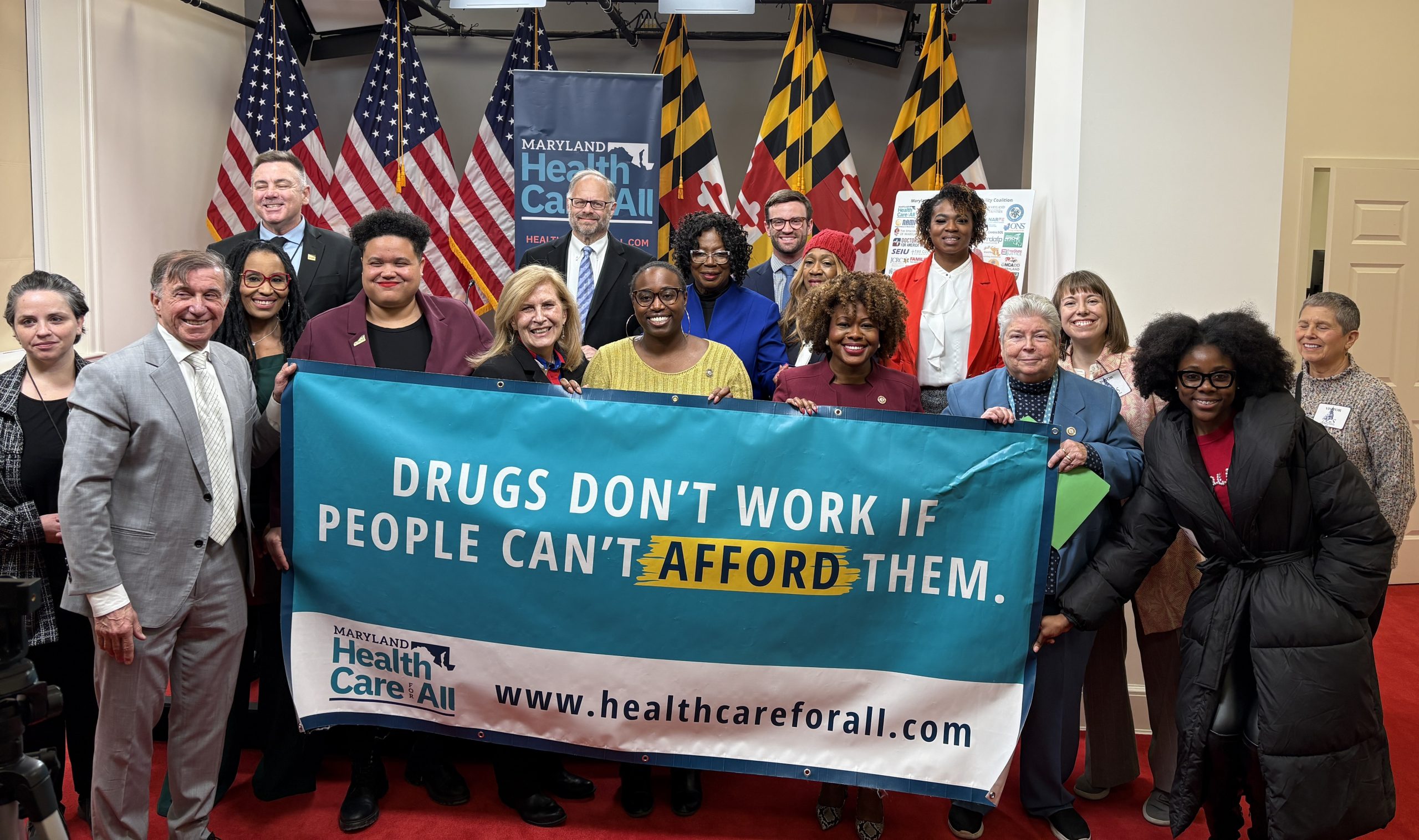The Baltimore Sun
Op-Ed by Nicky J. Mehtani
June 3, 2018
“Doc… why did she die?”
I had been faced with this question before, but was utterly unprepared to answer it this time, when it was asked by the 16-year-old grandson of my former patient in the cardiac intensive care unit. A long 5 seconds passed before I gathered my words.
“I’m so sorry for your loss. Your grandmother suffered from a heart attack, one of the most severe we’ve ever seen.”
While I had not lied, the real answer to his question was far more complex. But, in medical school, they never teach us how to tell our patients or their grieving family members that an “inability to afford medications” is a possible — if not common — cause of death. Neither does the Maryland Department of Health allow us to list “inability to pay” as a cause of death on death certificates.
Yet, in this patient’s case, there was no truer underlying cause of death than the blatant unaffordability of her prescription medications. She had been admitted to a different hospital exactly one week before I met her. After presenting with chest pain suggestive of a heart attack, she was immediately given all of the appropriate medications. And after a successful catheterization procedure, her pain resolved completely. She was prescribed a set of medications, counseled on the importance of adherence to these drugs and subsequently discharged.
But upon arrival to her pharmacy, she learned that, despite being insured, one of her heart medications would cost over $200 per month. Though she had $200 in her bank account, she also had eight grandchildren to care for and feed. She figured she could skip a few days of medication and fill the prescription two days later, when she was due to receive her Social Security check.
But two days without these expensive medications was enough to cause her to have a second heart attack — one that would ultimately take her life and drastically change those of her eight grandchildren, some of whom would later enter the foster care system.
This woman was not a patient who simply “fell through the cracks” of a broken but well-meaning health care system. She was a victim of inexplicably high drug prices that are intentionally set by pharmaceutical corporations to turn the greatest profit.
And her story is not unique. One in four Americans report difficulty affording their prescription drugs, and one in eight say they or a family member have rationed doses due to high costs. Nearly 80 percent of Americans want the government to limit what pharmaceutical corporations charge, and 72 percent support allowing Medicare to negotiate prices with drug corporations.
Luckily, Marylanders have taken steps of their own to curb skyrocketing drug prices. In 2017, the General Assembly became the first in the nation to give the state attorney general authority to stop price gouging by manufacturers of generic and off-patent drugs. The pharmaceutical industry is now trying to declare the law unconstitutional, but I am hopeful that Attorney General Brian Frosh will succeed in keeping this life-saving law on the books.
And this year, Del. Joseline Peña-Melnyk and State Sen. Joan Carter Conway introduced legislation to create a Drug Cost Commission that would set fair prices for high-cost drugs in Maryland. Though the bill gathered support from many Maryland organizations — including the AARP, NAACP and 1199 SEIU — it did not pass during the 2018 General Assembly session. On behalf of patients like the one I described and their loved ones, I strongly urge candidates seeking state office this year to support this rational, compelling and life-saving proposal to ensure that it becomes the law of Maryland in 2019.
Dr. Nicky J. Mehtani is a resident physician at Johns Hopkins Hospital; her email is nicky.mehtani@jhmi.edu.
Last modified: June 4, 2018


